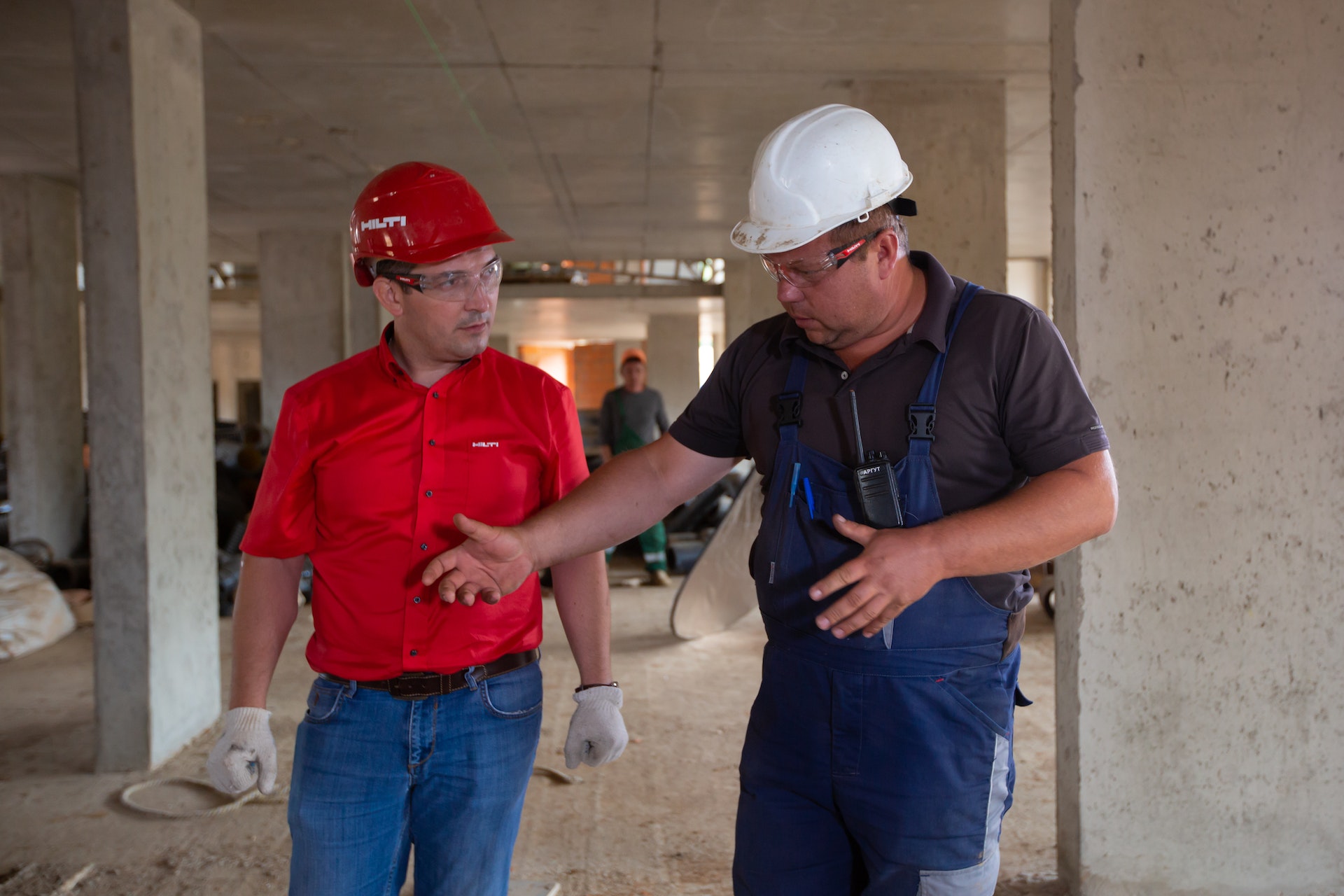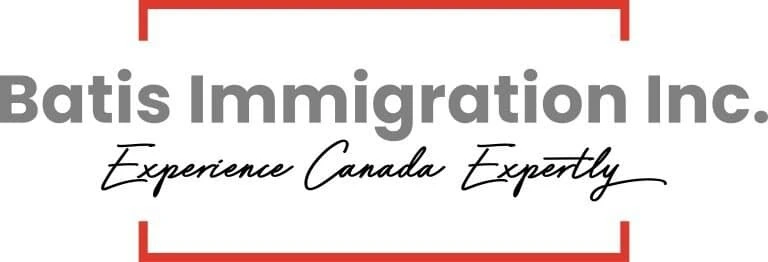Express Entry

Immigration Canada (IRCC) introduced Express Entry Program in January 2015 and since then it has become the main driver of economic immigration to Canada. It is completely an electronic process used to manage applications that are designed specifically for selecting skilled and qualified candidates for Canadian immigration.
Table of Contents
How Does it work?
After meeting the eligibility criteria, applicants need to submit an online profile known as an Expression of interest (EOI), under one of 3 federal Canada immigration programs to the Express Entry Pool. There is a points-based system called the Comprehensive Ranking System (CRS) in this system Candidates’ profiles are ranked against each other. The highest-ranked candidates will be considered for an invitation to apply (ITA) for permanent residence. Those receiving an ITA must quickly submit a full application and payment processing fees, within a delay of 90 days. The federal government aims to process complete PR applications in only 6 months.
Eligibility for Express Entry Program
- Age
Highest level of education
Other work experience
Skill transferability
Language skills
Canadian work experience
Federal Skilled Worker Program
Before the FSWP was implemented in 1967, Canada chose skilled worker immigrants based on the personal judgement of each immigration officer, who made a determination whether they believed that a potential applicant might fit in on the Canadian work market. The Canadian government made the decision to employ objective criteria to evaluate all candidates in the same manner, taking into account each one’s age, education, language proficiency, job experience, and occupation, among other things.
Process
Based on your age, education level, language proficiency, and work experience, you will be assigned a Comprehensive Ranking System (CRS) score. The Express Entry lotteries are typically held every two weeks, and the winners are invited to submit applications for permanent residency. You should expect your permanent resident status to be granted to you within six months of filing your completed application, allowing you to move to Canada at that point.
Contact Batis Immigration and seek the expertise consultation for Express Entry Application.
Eligibility
- 1 year of continuous work within the last ten years of comparable paid work experience in a skilled occupation with a National Occupational Classification (NOC) skill level of 0, A, or B, (Teer 0, 1,2 & 3).
- A Canadian educational credential (certificate, diploma, or degree) or a foreign credential, along with an Educational Credential Assessment (ECA) report.
- Language proficiency in English or French equivalent to (CLB) 7 across all sections (listening, reading, writing and speaking).
- Obtain at least 67 points out of a possible 100 on the FSWP grid. The grid used by the program evaluates applicants based on criteria such as age, education, work experience, arranged employment, language proficiency, and adaptability.
- Satisfy (if applicable) the requirements for the settlement funds. Candidates might have to prove they have a particular amount saved up in order to maintain themselves financially once they arrive in Canada.
Selection Factors
Education | Up to 25 points |
Language Skills | Up to 28 points |
Work Experience | Up to 15 points |
Age | Up to 12 point s |
Arranged Employment | Up to 10 points |
Adaptability | Up to 10 points |


Canadian Experience Class
The Canadian Experience Class (CEC) program aims to provide a specific skilled worker pathway to temporary foreign workers and international graduates who desire to earn permanent residence status. CEC has expanded into one of Canada’s most significant immigration routes for talented workers, and it is widely considered by Canadian governments, local governments, businesses, and immigrants themselves as a huge success.
CEC as an International Student
The primary group of people who obtain permanent residency through the CEC is an international student who later graduates from a qualifying educational program in Canada.
Procedure
– Complete your educational program at an institution of higher learning recognized by Canada.
– Contact Batis Immigration to apply for an application for a Post-Graduation Work Permit (PGWP).
– At least 1,560 hours of Canadian work experience in a NOC TEER category 0, 1, or 3 positions with your PGWP needs to be gained.
– Pass a language exam in either English or French that has been approved by the IRCC to meet the minimum Canadian Language Benchmark (CLB) standard (a CLB 7 for NOC TEER category 0 and 1 job experience and a CLB 5 for NOC TEER category 2 and 3 work experience).
-Reach out to Batis Immigration to assist you enter your profile into> the Express Entry pool. If you receive an invitation to apply, IRCC will attempt to complete your application for permanent residency within six months.
CEC as a Temporary Foreign Worker
A year of professional work experience in Canada is required for temporary foreign workers to qualify for the Canadian Experience Class program.
Benefits
- Skilled worker candidates who have lived in Canada before having a significant advantage when integrating into the labour market there. Being young and middle-aged, having high levels of education, work experience, and education, together with developing social and professional networks in Canada, enable CEC immigrants to be very successful in the job market.
- Candidates with Canadian experience can use Express Entry to earn extra Comprehensive Ranking System (CRS) points. This raises their chances of getting permanent residency.
- CEC applicants who are selected through Express Entry often receive their permanent residency status within six months of being selected.
- The fact that applicants who are accepted under the CEC do not have to show IRCC evidence of having settlement money to support themselves financially after obtaining permanent status, in contrast to the other two Express Entry programs.
Procedure
- Get a work permit.
- Get at least 1,560 hours of Canadian work experience in a NOC TEER category 0, 1, or 3 positions as the second step.
- Pass a language test in either English or French that has been approved by IRCC and meets the minimal Canadian Language Benchmark (CLB) standard (a CLB 7 for NOC TEER category 0 and 1 job experience and a CLB 5 for NOC TEER category 2 and 3 work experience).
- Reach out to Batis Immigration to assist you enter your profile into the Express Entry pool. If you receive an invitation to apply, IRCC will attempt to complete your application for permanent residency within six months.
Eligibility
- Holds, within 36 months of the application date, at least one year of skilled, professional, or technical job experience in Canada.
- Qualify for NOC TEER category 2 or 3 positions, must achieve or surpass a Canadian Language Benchmark (CLB) of 5 (“initial intermediate”), or a CLB of 7 (“adequate intermediate proficiency”) for NOC TEER category 0 or 1 positions.
- If you intend to live and work outside of Quebec (if you have job experience in Quebec and a plan to reside there, so you can apply to the Quebec Experience).
Conditions
- In Canada, at least 1,560 hours of skilled labour constitute one year (or 12 months) of work experience. Work that is either full-time or part-time will result in the required 1,560 hours.
- Throughout the application procedure, applicants are permitted to stay in Canada. The Canadian Experience Class, however, is also open to anyone who has left Canada, so long as they apply within three years of quitting their work in Canada.
- The Canadian Experience Class prerequisites follow a pass-or-fail system. The applicant can join the Express Entry pool if the prerequisites are satisfied.
Federal Skilled Trades Program
In order to solve the workforce shortfall in the trades, the federal and provincial governments are making a significant effort to welcome more qualified workers to Canada. Because of its aging population and low birth rate, Canada is increasingly depending on immigration to support its workforce and economic expansion. A major need exists in the skilled trades
Eligibility
- A certificate of qualification* from a province or territorial body OR genuine job offers of ongoing, paid, full-time employment (at least 30 hours per week) from up to two employers in Canada.
- Demonstrate that the applicant achieves the minimal standard defined by the IRCC, which is Canadian Level Benchmark (CLB) 5 for speaking and listening and CLB 4 for reading and writing, by providing proof of basic language competency from a designated language testing organization.
- Holds two years’ worth of full-time work experience (or an equivalent amount of part-time work) in the skilled trade during the five years before the application.
–be able to show that they have the necessary knowledge, abilities, and work history, as well as that they have completed the job’s primary responsibilities.
Certificate of qualification
– An international worker’s eligibility to work in a skilled trade in Canada can be established by showing their certificate of qualification.
– A certificate of qualification demonstrates that a candidate has completed a certification exam or has fulfilled all requirements for working in a certain province or area.
Eligible Skilled Worker Experience for FSTP under Categories of National Classification(NOC)
Major Group 72: industrial, electrical, and construction trades,
Major Group 73: maintenance and equipment operation trades,
Major Group 82: supervisors and technical jobs in natural resources, agriculture, and related production,
Major Group 92: processing, manufacturing, and utilities supervisors and central control operators,
Minor Group 632: chefs and cooks, and
Minor Group 633: butchers and bakers.
Candidates for the FSTP must intend to reside outside of Quebec. Quebec has a special immigration system that it uses to choose its own skilled labour force. Please visit the Quebec Skilled Worker Program page if you intend to immigrate to Quebec for more details.


Schedule a meeting
Let’s discuss the details
Schedule a meeting at one of the offices or online. A licensed Canadian immigration consultant will analyze the situation, calculate the cost, and help you find a solution based on your goals.
- Preparation of documents
- Due Diligence

Comprehensive Analysis
We know the industry inside out: the details of the Due Diligence process for each citizenship and residence permit by investment program when an affidavit is needed and the best way to resolve our clients’ problems.
Licensed Canadian Consultant
We work with the Regulated Canadian Immigration Consultant to maximize your chance to get approval on the visa. Trial & error methods might be costly and time-consuming.
